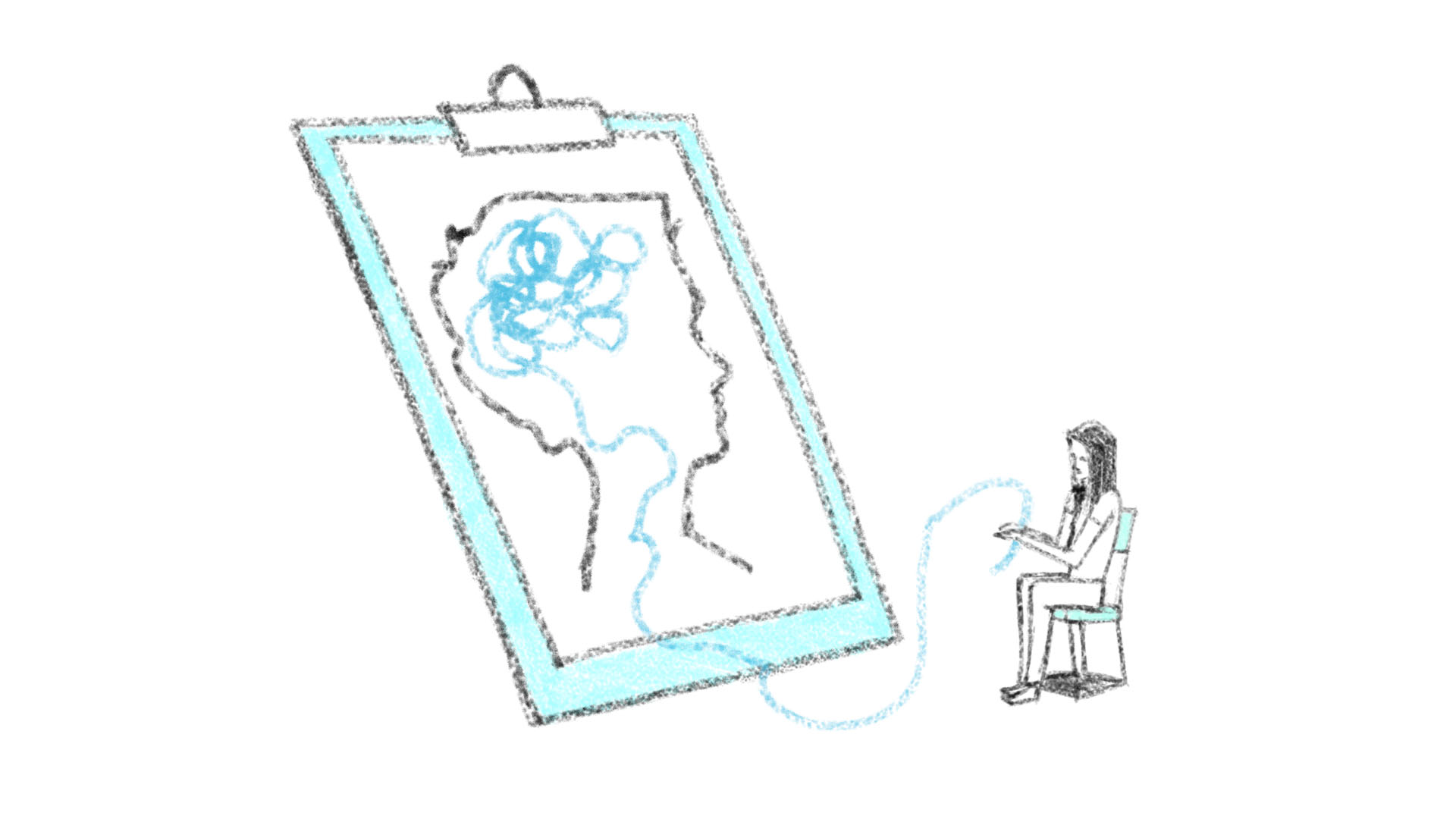For as long as I can remember, I wanted to be a mental health professional. The therapists, counsellors, and psychologists I encountered always seemed so calm and peaceful, almost as if they had figured out all the secrets to happiness. I imagined that they had resolved all their issues and possessed every technique in the world to avoid feeling bad emotions. I wanted to be like them—serene, composed, and seemingly above the struggles that plague the rest of us.
However, as I stepped into the world of mental health, I quickly realized how wrong my assumptions were. I vividly recall a conversation with one of my tutors early on in my training. I asked, quite earnestly, what we should do to ensure our clients are healed. His response was simple yet profound: “Sometimes, we can only listen. We create a safe space where they aren’t judged, and that’s healing. We can’t change their circumstances as professionals, but we are there to support them on their journey.” This changed everything for me.
I used to think that the role of a therapist was to provide solutions, to teach coping strategies, and to help clients avoid pain. While these elements can be a part of therapy, they are far from the whole picture. The truth is, therapy is not a quick fix or a collection of strategies that instantly resolve all problems. It’s much more nuanced and profound than that.
The Misconception About Therapy
Many people enter therapy with the expectation that they will be given a set of tools or techniques to apply to their lives, and once they do, everything will be better. They want coping strategies, solutions to their problems, and a path to happiness laid out clearly in front of them. This is understandable. We live in a world that prizes efficiency and results, and we want the same when it comes to our mental health.
However, therapy is not about eliminating pain or erasing difficult emotions. It’s about learning to sit with them, to understand them, and to find meaning in them. It’s about exploring the stories we tell ourselves and uncovering the underlying beliefs that drive our behaviours. It’s about fostering self-awareness, self-compassion, and resilience.
The Power of Listening and Holding Space
One of the most powerful things a therapist can do is listen—truly listen. In a world where everyone is in a rush and our problems are often minimized or dismissed, having someone who genuinely listens without judgment can be incredibly healing. It’s not about having all the answers but about being present, showing empathy, and validating the client’s experiences.
When clients feel heard and understood, they start to feel less alone in their struggles. They begin to see their problems from different perspectives and often find their own solutions in the process. This is the beauty of therapy; it’s a collaborative process, not a prescriptive one.
Why Therapy is a Journey, Not a Destination
Therapy is a journey of self-discovery and growth. It’s about helping clients develop a deeper understanding of themselves and their relationships. It’s about fostering a space where they can explore their fears, hopes, and desires without judgment.
As mental health professionals, we are not immune to struggles. We don’t have it all figured out, and that’s okay. We are on our own journeys of self-awareness and growth, just like our clients. The goal isn’t to reach a point where we never feel pain or discomfort but to become more adept at navigating those experiences with compassion and resilience.
Beyond Coping Strategies: Embracing the Full Scope of Therapy
Clients often come to therapy asking for coping strategies, and while these can be helpful, therapy encompasses so much more. It’s about understanding the root causes of distress, exploring how past experiences shape current behaviours, and developing a more compassionate relationship with oneself. It’s about learning to accept and integrate all parts of ourselves, even the ones we wish were different.
In therapy, we don’t just teach clients how to avoid feeling bad emotions; we help them learn to tolerate and understand those emotions. We guide them in building a richer, more meaningful life, even in the face of pain and uncertainty.
The Role of the Therapist: A Fellow Traveler
As therapists, we are fellow travellers on the path of life. We walk alongside our clients, offering support, empathy, and guidance. We don’t have all the answers, and we can’t make the pain go away, but we can offer a space where our clients feel seen, heard, and valued.
Being a mental health professional isn’t about being perfect or having it all figured out. It’s about being human, embracing our own imperfections, and using our experiences to connect with and support others.
Embracing the True Essence of Therapy
The essence of therapy lies not in fixing people or providing them with a set of techniques to avoid pain. It’s about being present, offering empathy, and helping clients navigate their own unique journeys. It’s about creating a safe space where they can explore their inner worlds and find their own paths to healing and growth.
So, if you’re considering becoming a mental health professional, know this: you don’t have to have it all figured out. You don’t need to be perfect or have all the answers. What matters most is your ability to be present, to listen deeply, and to offer empathy and support. That’s where the real healing begins.
Thank you for taking the time to read my thoughts on therapy and mental health. If you have any questions or want to share your experiences, feel free to reach out to me directly.
– Marina Sabolova

